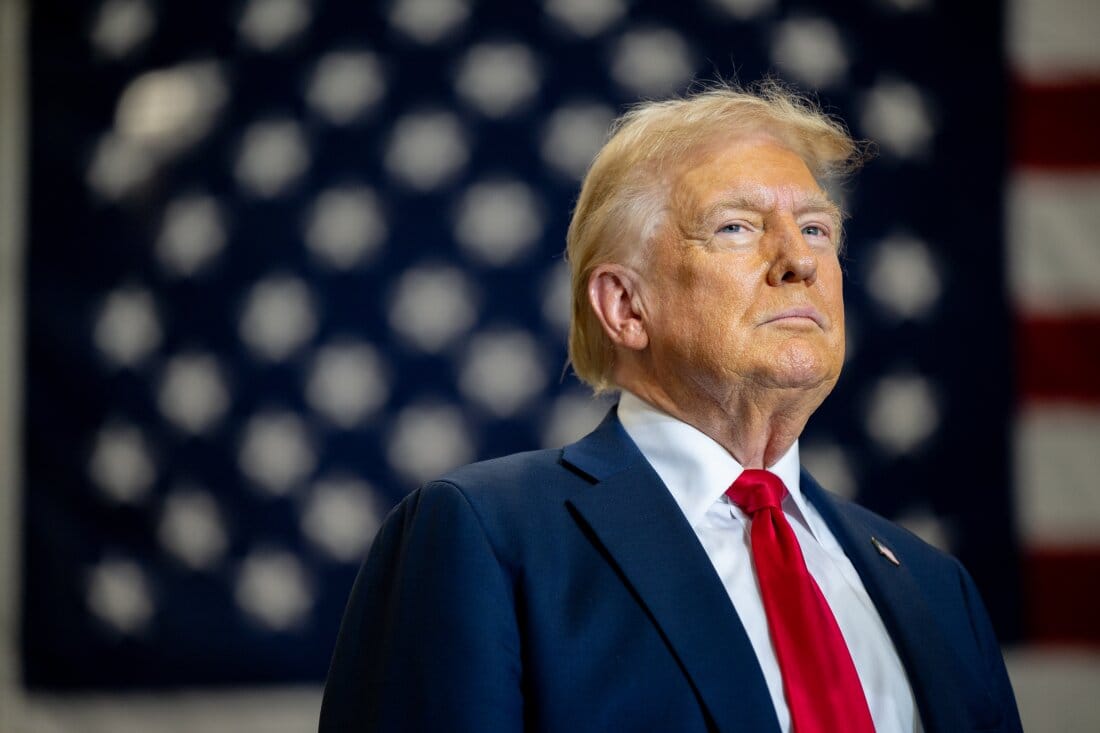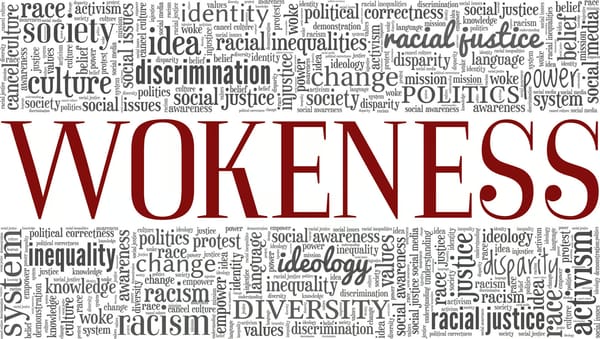Trump 2.0: What the Media Won't Tell You

As Donald Trump’s return to the Oval Office looms, many Americans are speculating about the ripple effects his second term might have. While his policies will undoubtedly shape the economy and foreign relations, what about the social, cultural, and political shifts that might follow? Whether you lean red, blue, or somewhere in between, it’s worth pondering how Trump’s presidency could transform the fabric of American life.
1. Social Dynamics: More Polarization or Unity?
Trump’s first term sparked a wave of social activism, protests, and conversations around identity, privilege, and free speech. For better or worse, his presidency polarized communities, making political alignment a defining part of social identity for many Americans.
If Trump’s second term mirrors the divisiveness of his first, we could see:
- Escalation of “cancel culture”: Supporters and critics may find themselves embroiled in more public battles over accountability and censorship.
- Increased political tribalism: Friendships, workplaces, and even families may continue to fracture along ideological lines.
- A counter-movement for unity: On the flip side, some Americans may grow weary of division and rally around centrist movements or bipartisan causes.
The question remains: will Trump 2.0 deepen social divides, or will his polarizing nature force Americans to seek common ground?
2. Cultural Shifts: The Rise of Anti-Establishment Sentiment
Trump has long branded himself as the ultimate outsider, challenging the “elites” and traditional institutions. This anti-establishment rhetoric resonates deeply with a significant portion of the population who feel alienated by government, media, and academia.
Here’s what his second term could mean culturally:
- A redefinition of patriotism: Trump’s America First agenda could amplify debates about what it means to be patriotic, especially in a multicultural society.
- Pop culture rebellion: Hollywood, artists, and entertainers may push back harder, creating a new wave of politically charged content.
- Shifts in education: Battles over school curriculums, particularly regarding history and identity politics, may escalate under Trump’s influence.
Will this cultural battle give rise to new voices, or will it leave us stuck in an ideological deadlock?
3. Political Fallout: A Reshaped GOP and Democratic Party
If Trump wins again, it could permanently redefine the Republican Party while forcing Democrats to reevaluate their strategies. Trump’s impact on the GOP has already been seismic, shifting it from traditional conservatism to a populist movement centered on loyalty to him.
Expect these changes:
- A stronger populist wave: Trump’s leadership could inspire more candidates who prioritize nationalism and anti-globalism.
- Democrats pivoting left or center: Faced with Trump again, Democrats may either embrace progressivism fully or double down on appealing to moderate voters.
- Third-party movements gaining traction: Americans frustrated with both parties may increasingly look to independents or third-party candidates.
Politically, Trump’s return could mark a tipping point, reshaping party platforms for a generation.
4. Economic Policies with Social Impacts
While the economy is a central theme of any presidency, its ripple effects on society are often overlooked. Trump’s focus on deregulation and tax cuts may benefit businesses, but how will these policies play out socially?
Potential outcomes:
- Economic inequality debates intensify: Critics may argue that Trump’s policies favor the wealthy, igniting more calls for wealth redistribution.
- Job growth in traditional industries: A focus on manufacturing and energy could revive blue-collar communities, reshaping the cultural narrative around “American workers.”
How these policies intersect with societal values — such as fairness and opportunity — will be crucial in defining Trump’s second term.
5. The Media’s Role: Amplifier or Mediator?
Media coverage of Trump during his first term was both exhaustive and contentious. A second term would undoubtedly reignite the media frenzy, but could it also push Americans to rethink their relationship with the news?
Key considerations:
- More distrust of traditional media: Trump’s “fake news” narrative could further erode trust in major outlets.
- Rise of alternative platforms: Expect even greater influence from independent and right-wing media sources.
- Calls for reform: A fatigued public may demand transparency and fairness from journalists on all sides.
The media’s handling of Trump 2.0 could either bridge divides or exacerbate mistrust.
6. Unintended Consequences: Where Do We Go from Here?
Trump’s presidency, for all its controversies, has undeniably changed the way Americans engage with politics. Love him or hate him, his influence is impossible to ignore.
His second term could have unexpected consequences:
- Political engagement surges: More people, especially younger voters, may get involved in activism and elections.
- Shifts in global perception: How the world views America under Trump could influence everything from diplomacy to cultural exports.
- A long-term shift in norms: Trump’s unorthodox style has already reshaped expectations for political leaders, and his second term could cement these changes.
Final Thoughts: Are We Ready for Another Term?
Whether you’re a staunch supporter or a vocal critic, Trump’s potential second term raises important questions about the future of America. How will it shape the way we connect with each other, express our values, and participate in democracy?
It’s impossible to predict exactly how Trump’s presidency will unfold, but one thing is certain: the unintended consequences may be just as significant as the policies themselves.





